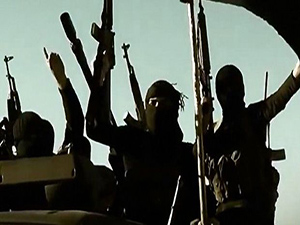 Make no mistake: in taking the fight to the Islamic State (IS or aka the Enemies of Islam), President Barack Obama is at a defining moment for his presidency and probably the future. Perhaps less spectacular than the fall of the Berlin Wall and the implosion of the Soviet Union a quarter of a century ago or September 11th, the decision to catalyze a global fight against Islamic extremism and terrorism could be as far reaching in consequence. Consider the grounds for this conclusion.
Make no mistake: in taking the fight to the Islamic State (IS or aka the Enemies of Islam), President Barack Obama is at a defining moment for his presidency and probably the future. Perhaps less spectacular than the fall of the Berlin Wall and the implosion of the Soviet Union a quarter of a century ago or September 11th, the decision to catalyze a global fight against Islamic extremism and terrorism could be as far reaching in consequence. Consider the grounds for this conclusion.
The accumulating grievances dating back to well before the Sykes-Picot secret treaty of 1916 sliced Mesopotamia into indigestible parts have become irreversible thus forcing religious, ethnic, regional, political and ideological schisms to the breaking point. This breaking point has been exacerbated by centuries old Arab and Muslim animosity over Western imperialism and dominance. Turkey and Egypt of course are part of this imbroglio. And the long-standing Arab-Israeli-Palestinian conflict remains a ticking time bomb.
As a result, at least four consequences have arisen. First, IS has become the Frankensteinian child of Four New Horsemen of the Apocalypse that threaten mankind. The first rider is failed or failing government. The second is economic despair, disparity and dislocation. Third is radical ideology in this case predominantly religious fanaticism. And fourth is environmental calamity.
IS is the product of the first three. Hence, it is a symptom. For President Obama and the coalition of the willing and the frightened to succeed, action to redress the causes is the only long-term solution. Yet addressing the causes will take decades.
The metaphor is someone whose doctor has informed them of a life-threatening disease and offered two options. The patient can deal with the symptoms to reduce, pain, fever and other conditions hoping for a self-cure that is unlikely to arise. Or, the patient can undergo more radical and difficult treatment. Regarding IS, this is very much where we stand.
Next, fundamental flaws and contradictions that have shaped policy in the U.S., West and Arab Muslim states no longer can be papered over, ignored and hidden away in dark corners. The U.S. must decide how serious a threat IS really is because IS can never be defeated by outside forces alone. And within the region, the U.S. cannot simultaneously defeat Bashar al Assad, IS and restrain Iran’s intentions. If IS is to be vanquished, then tacit or de facto alliance with Assad, however unsavory, and the ayatollahs in Tehran must be a concession. To some degree, elegantly discrete diplomacy can mitigate the political risks of Washington being seen even shifting a millimeter towards either Damascus or Tehran.
The Arab and Islamic worlds–the latter which has never undergone a reformation–must decide between modernism and medievalism. For Sunni Saudi Arabia and the Gulf States, the threat of IS to every regime means that the double game of supporting both the west and Salafist and Wahabi radicalism is over. Which is it to be—survival of the regime and reforms to that end or potential imposition of the most perverse and radical forms of Sharia law along with the demise of the current elite?
Iran and Saudi Arabia must decide whether their mutual antagonisms outweigh the threat of IS. Iraq must decide whether exclusion of the Sunni minority is more important than saving the country. And the Arab and Muslim states must decide that all are more or less united in opposing IS as the greater threat.
Fourth, other states, however distant, are involved and affected. Russia and China have huge internal problems with Islamic fundamentalism and radicalism and Moscow supports Syria. Afghanistan, Pakistan and India are linked to these issues. And Europe with its large Muslim populations is literally a passport away from obscene acts of terror.
Failing to resolve these policy choices and contradictions will mean that containing IS, let alone destroying it, will be a bridge too far. And the new Four Horsemen will be allowed to ride amuck and unhindered. That alone must mark a defining point in history.
Of course, IS could implode. This is a strategy to pursue no matter what. Through disinformation, counter-narratives, targeted assassinations and ploys to turn one faction against another, perhaps the disease will cure itself. But do not bet on it.
Regardless of what specific strategies and tactics are followed, one over arching understanding is crucial to success. Unless we appreciate that this is a defining moment possibly in memory, what steps are taken will be insufficient unless we are very lucky. And while it is sometimes better to be lucky than good, this is not one of them. We need to be both lucky and good.

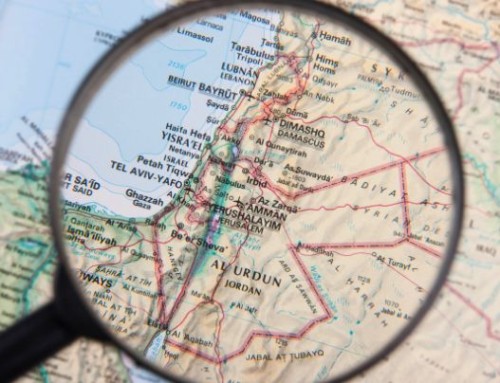
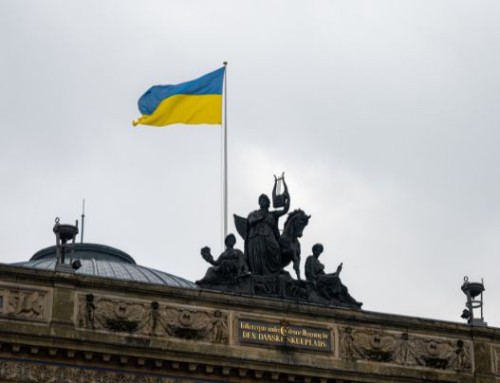
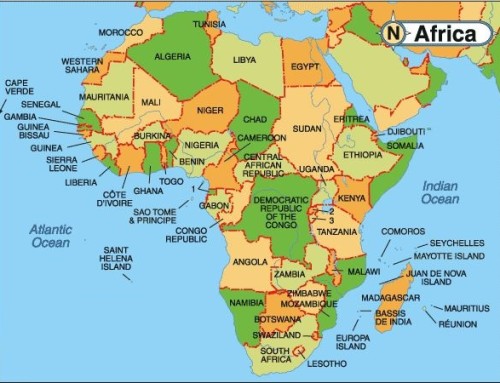
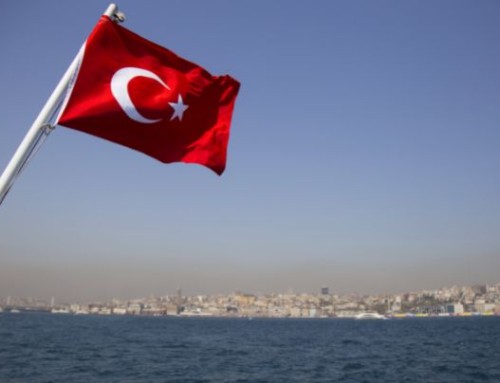
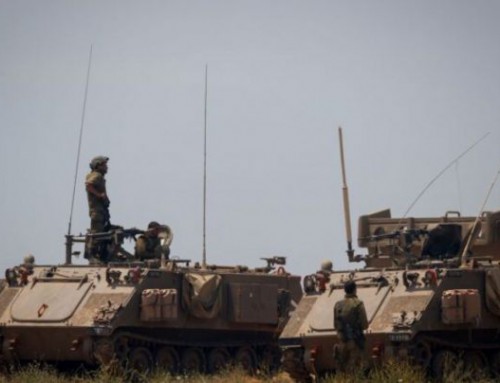
Comenteaza